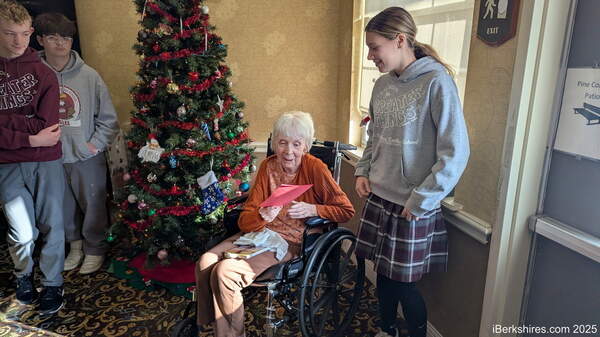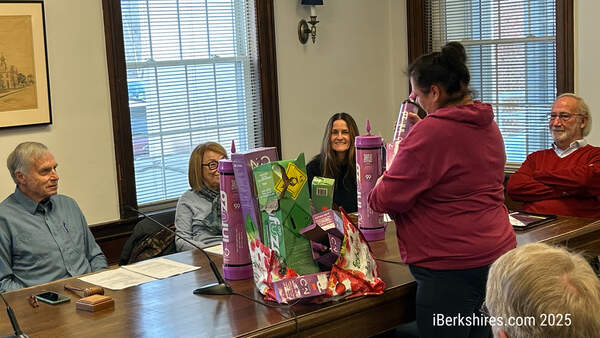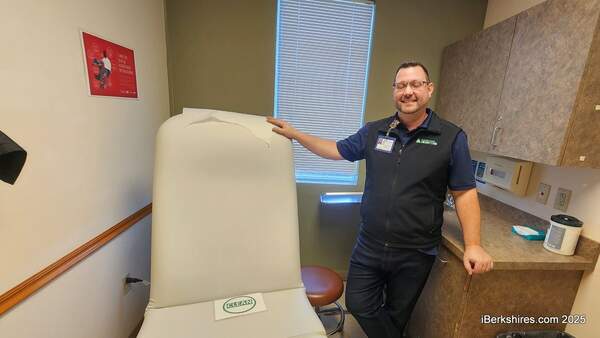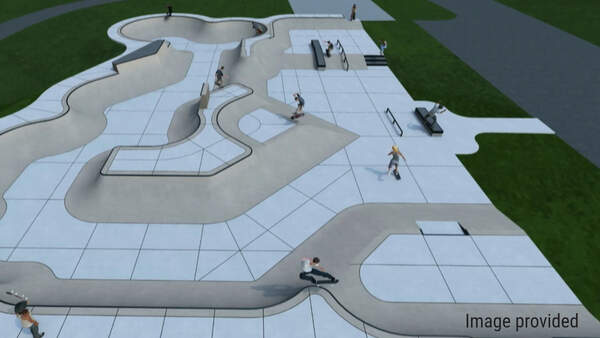Williams Awards Tenure to History Professor
 |
Dubow's research and teaching interests look at the intersections of gender, law, and politics in the United States during the 20th century. Her book, "Ourselves Unborn: A History of the Fetus in Modern America," published in 2011 by Oxford University Press, won the 2011 Bancroft Prize from Columbia University.
Since her arrival at Williams in 2007, Dubow has taught classes in the department of history and women’s, gender, and sexuality studies departments. During the 2011-12 academic year, she served on the Faculty Steering Committee and on the Women’s, Gender, and Sexuality Studies Advisory Committee.
She received her bachelor's degree from Williams in 1991 and her doctorate from Rutgers University in 2003. Before arriving at Williams, Dubow taught at the Brearley School, Hunter College High School, and Hunter College.















